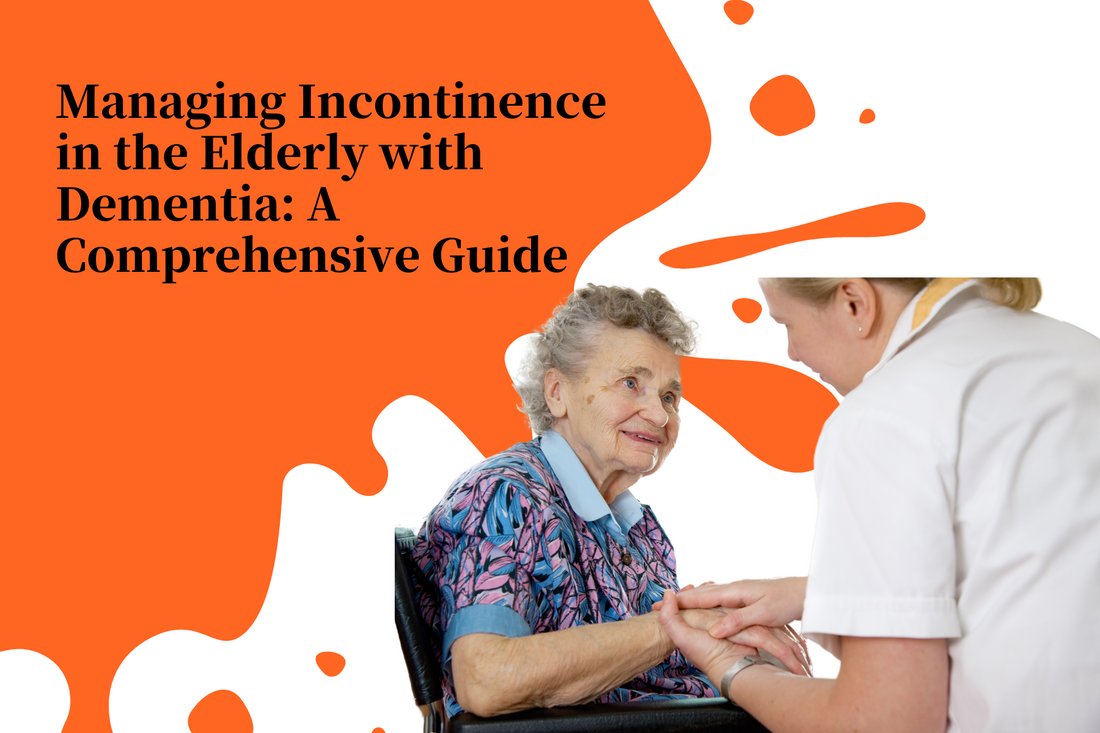Managing Incontinence in the Elderly with Dementia: A Comprehensive Guide
Dementia, a progressive neurodegenerative disease, gradually impairs cognition, memory, and daily function. A challenging aspect of advanced-stage dementia is the onset of incontinence, the loss of control over bladder and bowel movements.
During the initial stages of dementia, individuals retain control over their bladder and bowels. However, as dementia progresses, increasing cognitive and motor impairment lead to incontinence. If not timely addressed, incontinence can negatively impact both the patient's physiological and psychological health.
Physiological consequences of untreated incontinence include skin problems such as eczema, pain, itching, and ulcers caused by the constant contact of urine and feces with the skin. The dampness of the skin can escalate the risk of infection, especially if cleanliness is inadequate or diapers are not replaced timely. Retained urine and unsanitary conditions can also elevate the risk of urinary tract infections (UTIs).
The psychological implications of incontinence are equally significant. It can lead to feelings of embarrassment, depression, anxiety, and confusion in individuals with dementia. This emotional distress may also result in low self-esteem and social withdrawal.
To mitigate the impact of incontinence, it's crucial to:
1.Prioritize good personal hygiene: Regularly changing diapers, cleaning the skin, and using skin care products can protect skin health. Ensuring easy access to toilets or diapers by providing the necessary cleaning facilities and hygiene products is paramount.
2.Monitor fluid intake and urination: Regular tracking of the patient's fluid intake and urination patterns helps detect problems early, allowing for prompt and necessary intervention.
3.Offer emotional support: Providing care, empathy, and reassurance can help patients navigate the psychological distress associated with incontinence.
In certain scenarios, like long-term travel or special work environments, the use of adult diapers can be indispensable. Situations such as postgraduate exams, long-distance driving, and camping may necessitate the convenience and reliability that adult diapers offer for managing incontinence. With proper care and attention, we can significantly enhance the quality of life for individuals living with dementia.


